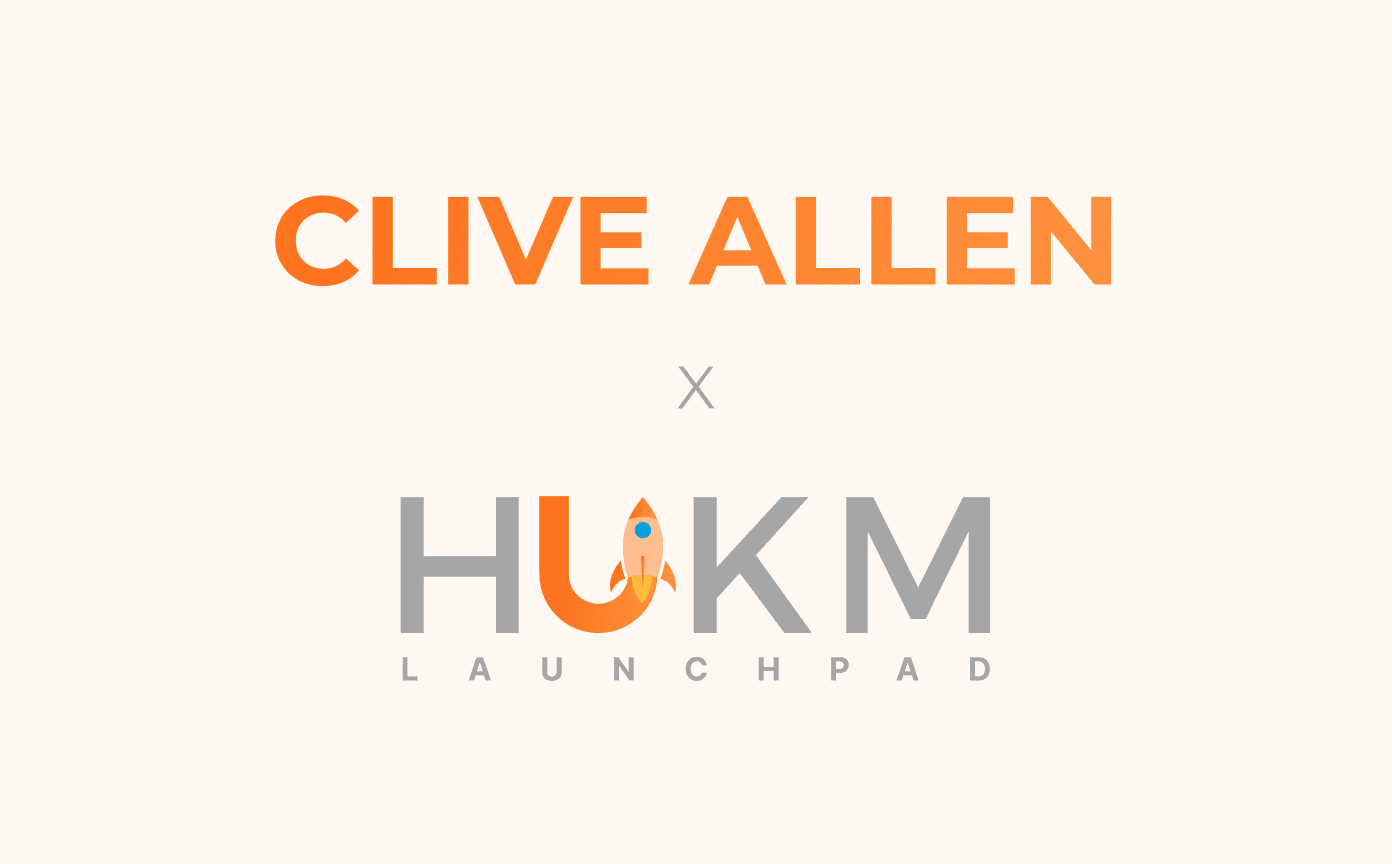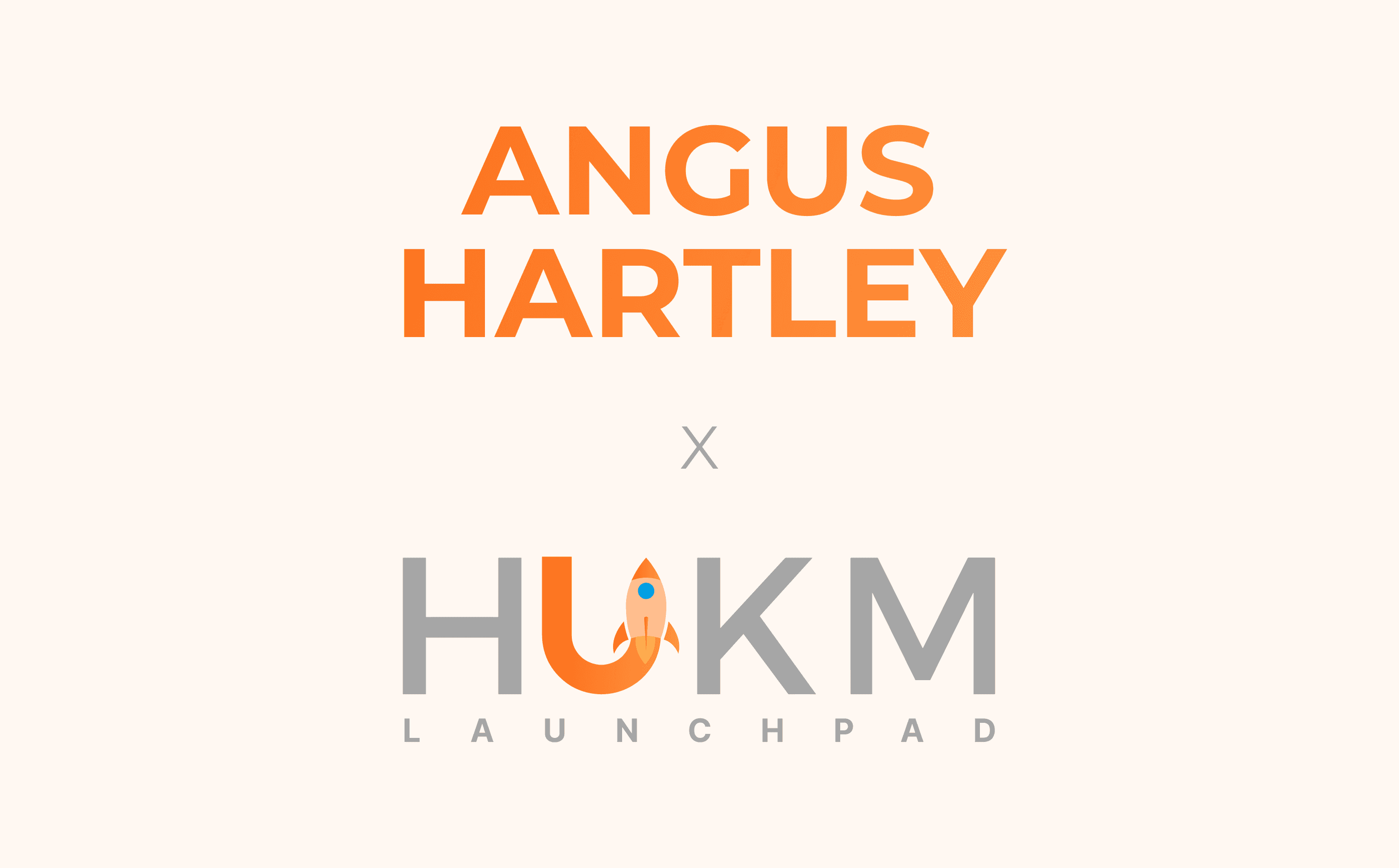Empowering Patients Through Personalised Care: The Story Behind MyCare Companion
19 Aug 2025
When facing a serious diagnosis like lung cancer, patients often contend with more than medical treatment alone. Their journey is frequently marked by fragmented information, emotional strain, and inconsistent support. As a consultant thoracic surgeon, I have seen these challenges first-hand—both in the operating theatre and in countless conversations with patients and their families.
These experiences—both personal and professional—inspired the creation of MyCare Companion: a user-friendly digital platform designed to transform how patients engage with their care.
A Vision Born from Real Lives
MyCare Companion was founded on the belief that healthcare should be as individual as the people receiving it. Too often, patients leave hospital appointments feeling overwhelmed with leaflets in hand but lacking clarity, direction, or a sense of control. Questions arise outside clinic hours, concerns linger between visits, and feelings of isolation take hold.
The platform was built to bridge those gaps—not just as a medical app, but as a true digital companion. It helps patients manage their care, access personalised, relevant information written by clinicians, and stay connected with their healthcare team. It supports the entire care journey, rather than just isolated moments.
Who We Serve – And Why It Matters
Our initial focus is on NHS clinical teams and patients newly diagnosed with lung cancer, particularly in UK teaching hospitals. Lung cancer care is complex, and the pathway can be overwhelming. MyCare Companion offers personalised, timely information and care coordination tools that help patients feel informed, supported, and less anxious.
For the medical team—especially lung cancer nurse specialists and consultants—the platform offers valuable insights into patients’ experiences between appointments. This enables proactive, effective care and better communication, all while integrating smoothly into NHS workflows.
Addressing Real-World Challenges
Introducing new digital tools into healthcare comes with hurdles. Two key questions guided our early work: Would patients of all ages and digital abilities engage with the platform? Would busy clinical teams have the time and infrastructure to adopt it?
We’ve approached these challenges through active engagement—listening to patients and clinicians via surveys, interviews, and, soon, pilot programmes within NHS Trusts. This continuous feedback loop ensures the platform is shaped by the people who use it, not just those who design it.
More Than Just Another Health App
MyCare Companion is not simply a symptom tracker or generic health app. It’s a deeply personalised, adaptive digital companion. Its modular architecture means it can be quickly tailored for a wide range of long-term conditions—not only cancer.
From virtual ward management to real-time clinician messaging, it offers a future-proof, comprehensive solution for patient support.
Looking Ahead – A Big Vision for Better Care
In the next year, we plan to pilot MyCare Companion within a UK NHS Trust, starting with the lung cancer pathway. Our aim is to demonstrate measurable benefits, including reduced hospital readmissions, improved patient engagement , and improved user satisfaction.
Our longer-term vision is to expand across multiple NHS Trusts and into other areas of long-term care—building a trusted digital support system for patients across the UK, and further.
A Surgeon’s Perspective, A Founder’s Mission
As a consultant thoracic surgeon in Bristol, I have always believed that treating disease means treating the person behind it. MyCare Companion is the embodiment of that belief—using technology to ensure every patient feels seen, supported, and empowered at every stage of their care journey.



